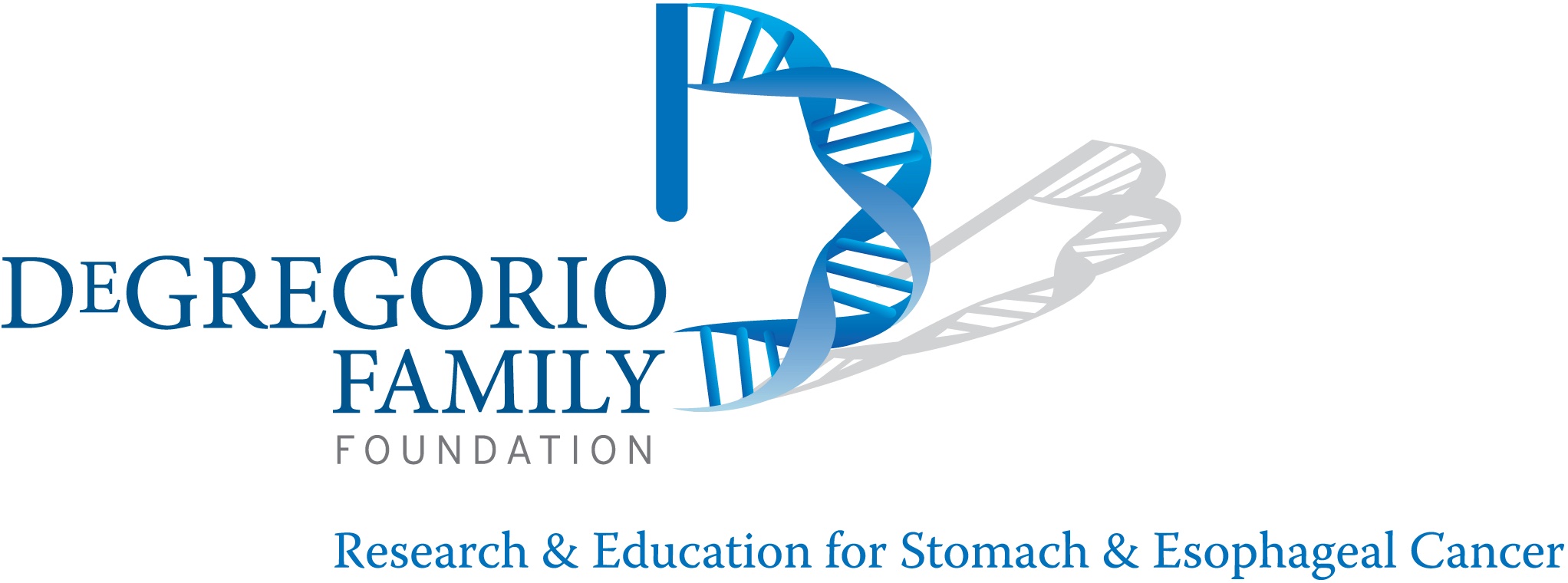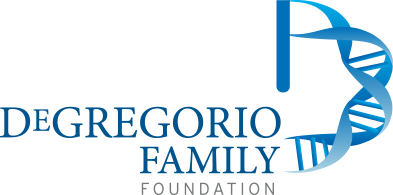Let’s beat this disease!
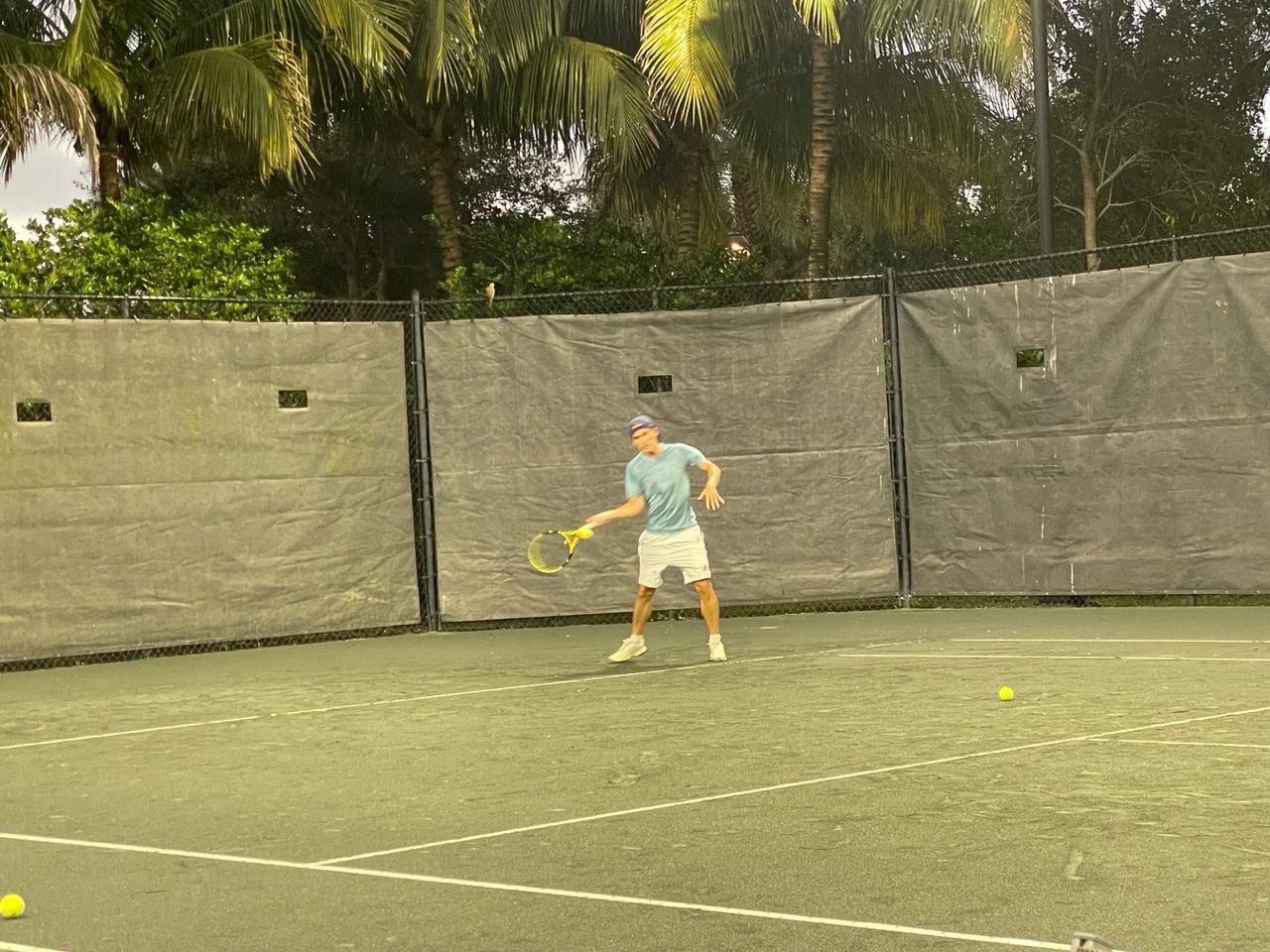
Todd was 43 years old when he was diagnosed. He was fit, worked out regularly, and was an avid tennis player. He had no family history of gastroesophageal cancer.
Incidental Finding
Todd was diagnosed totally by chance. In April 2018, for an unrelated reason, Todd went in for an endoscopy. The next day his doctor called and said that a biopsy had come back positive for esophageal cancer. It happened to be an incidental finding.
“Like all people in this situation, I was in shock.” said Todd.
Todd quickly had an endoscopic ultrasound and a PET scan. “It showed that the cancer hadn’t spread and that I was probably Stage 1A or Stage 1B” Todd continued.
Later that month, he flew to Memorial Sloan Kettering Cancer Center in New York City and had the tumor removed endoscopically.
Approximately a week after the tumor was removed, the lab results showed he had Stage 1B. He was advised to have an esophagectomy during which approximately two-thirds of his esophagus and one-third of his stomach would be removed to reduce the chance of the cancer recurring.
In early May 2018 he had the esophagectomy. “The first several months after surgery were challenging, but about three to four months later I was back to most of my regular activities,” said Todd.
A New Normal
“I have adjusted to my new normal,” advised Todd. “It’s life changing, but you learn to adapt.”
“My message is to not give up hope. People can resume a fulfilling life after treatment.”
Looking Forward
The DeGregorio Family Foundation funds research focused on curing gastric and esophageal cancer.
“My goal is to help people so no one has to go through what I did”
“Let’s beat this disease!” Hope, optimism, perseverance are Todd’s mantras.
“I feel like I'm very blessed. We see God's hand in all of this.”
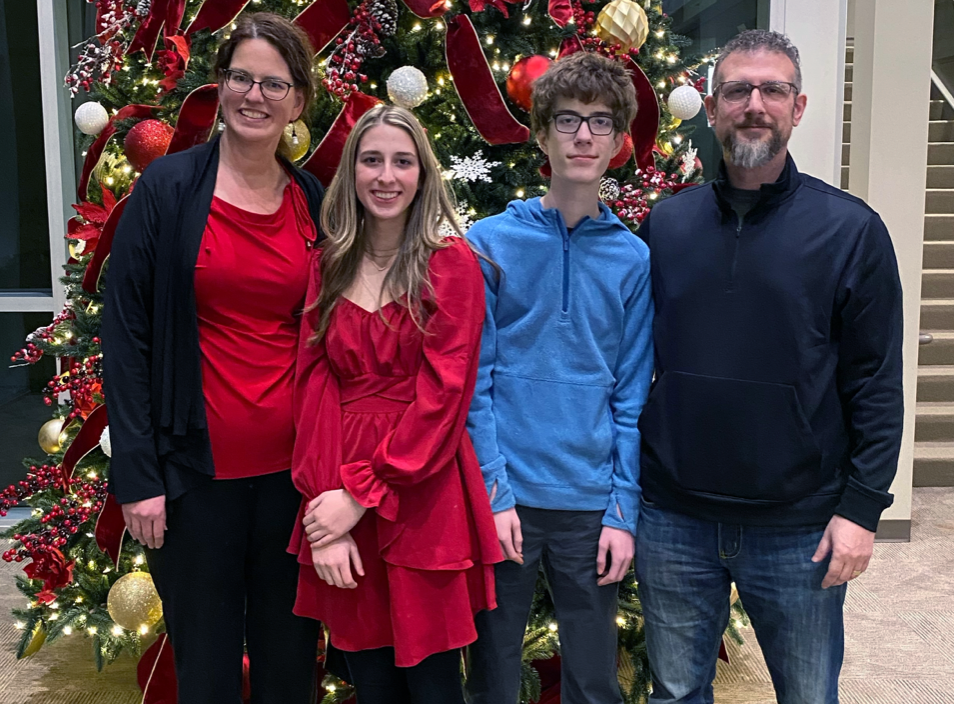
Jerry’s Story
Through an Ancestry DNA Test when he was 44, Jerry Seltzer, who was adopted, was able to locate his biological mother.
His biological mom gave him the name of his dad and Jerry started cold calling people by that name and leaving voicemails. Two weeks later, Jerry heard back from his biological father.
After getting to know his son, his father felt he had to share about a hereditary disease in the family.
“There was no question that if he is my son, he needs to know that,” said his father.
His father’s family has a history of an aggressive, difficult-to-treat and difficult-to-detect stomach cancer, Hereditary Diffuse Gastric Cancer (HDGC) carried by the CDH1 gene. His mother died from it, and so did several other family members.
His father gave Jerry the phone number to reach his cousin, Lynn DeGregorio, who started the DeGregorio Family Foundation in 2006 after the 10th member of her family died of this cancer.
Lynn directed Jerry to the National Institutes of Health. He tested for the mutation for free as part of a study. The bad news: Jerry had it.
Jerry looked at the odds and decided to have a gastrectomy. “Physically it was a real adjustment, and it took me about a year-and-a-half to get back to normal physically,” said Jerry. “I learned what to eat, what not to eat, what worked, what didn’t work.”
Jerry has a diet heavy in proteins and eats throughout the day. His eating is healthier than it has ever been, and he is fitter than ever and no longer at all overweight.
He is part of the CDH1 Mutation Gene Facebook Group devoted to people who have had gastrectomies and he offers support where he can. As part of the study, he is also evaluated about once a year at the National Institutes of Health.
“I am healthy and happy and everything is wonderful,” continued Jerry. An author and illustrator, he stays active and with his wife has raised two wonderful 15-year-olds, a boy and a girl.
“I have never talked to anyone that has regretted having their stomach removed, but it is not the case that everyone has as easy a time as I have had,” concluded Jerry.
He is hoping that with gene therapy someday this cancer can be eliminated. Research is important and the DeGregorio Family Foundation (DFF) is the only foundation focused on funding research grants for both stomach and esophageal cancers.
In fact, Dr. Parry Guilford from the University of Otago in New Zealand, a cancer geneticist who discovered the CDH1 gene that causes the mutation that can lead to HDGC, sits on DFF’s Scientific Advisory Board. Along with other members of the board, he reviews grant applications from research scientists the world over.
Award-winning Service
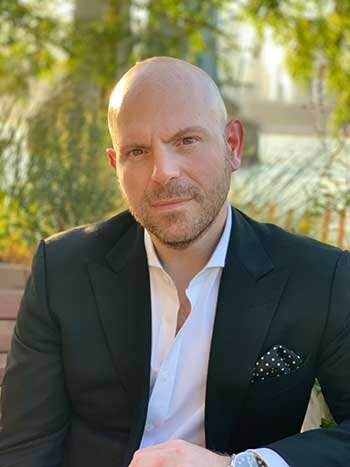
As a relatively young man, Frank Licciardi was diagnosed with advanced stomach cancer and underwent intensive treatment at Memorial Sloan Kettering Cancer Center. After completing treatment, he began volunteering at MSK as part of the Patient-to- Patient counseling program. He then helped with the development of the Patient and Advisory Council for Quality (PFACQ) and was named Chair in 2018 and is now Chair Emeritus.
PFACQ is an established partnership consisting of current or former patients, family members, caregivers and clinical and administrative MSK leadership and staff. Together, they work to ensure that the patient and family voice is heard and integrated into all MSK projects, processes, and committees with the goal of providing the highest- quality patient- and family-centered care.
In his PFACQ role, some of Frank’s efforts have been focused on improving communication about end-of life issues, smoothing transitions from acute treatment to monitoring and the integration of a new technology platform to create more robust survivorship care plans for patients. He also remains willing to talk to any new patient who is about to undertake the arduous challenge of cancer treatment.
He has served on the Hospital Quality Assurance Committee, Data Governance Committee, Operational Excellence Integration Team, Teleoncology Steering Committee, the Radiology Quality Assurance Committee, and multiple working groups comprising the Epic implementation initiative. In addition, he serves as the patient advocate on the NCCN Esophageal / Gastric Clinical Guidelines committee.
Frank has served as a tireless advocate for patients, their loved ones and MSK’s front- line staff. Frank has had an enormous impact on countless patients and families and has continued to develop the central role of the patient and caregiver in the treatment of cancer at MSK.
Frank is one of the 2020 recipients of the United Hospital Fund’s Excellence in Health Care Award, which honors the extraordinary leadership of individuals whose work improves quality of care, patient safety and the patient experience. He is the first patient advocate from any healthcare facility to receive this award.
Honorees are selected for their vision and accomplishments by participating hospital systems, long-term care facilities, home care organizations and independent practice associations from across the greater New York metropolitan region. The recipients were recognized on July 13, 2020, at United Hospital Fund’s Tribute to Excellence in HealthCare event, which was held virtually.
